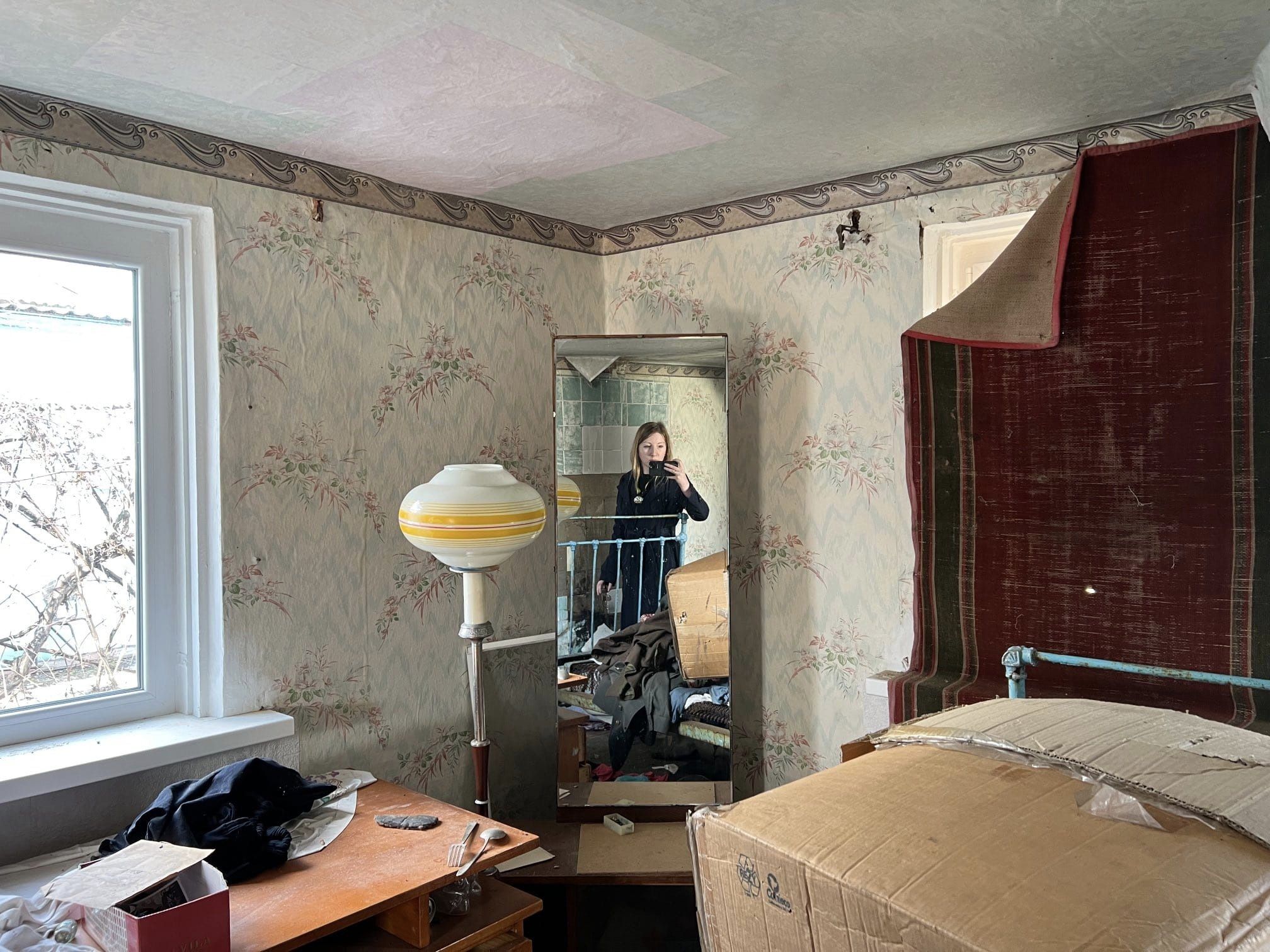Writer Victoria Amelina dies following Kramatorsk strike

The writers' association PEN Ukraine said in a statement that Ukrainian writer and war crimes researcher Victoria Amelina died on July 1 after she was critically injured in a Russian missile strike on Kramatorsk.
Amelina was in Kramatorsk with a delegation of Colombian writers and journalists on June 27 when Russian forces fired two Iskander missiles at the city, hitting a popular restaurant downtown.
Kramatorsk lies some 55 kilometers from the front lines and Bakhmut in Donetsk Oblast. It has been a way station for Ukrainian troops, making it a frequent target of Russian missiles.
At least 12 people were originally reported killed, and 60 more were injured in the Kramatorsk attack. Several media subsequently wrote that Amelina was among the wounded. Amelina's passing brings the official death toll up to 13 people.
PEN Ukraine released its statement on July 2. "Doctors and paramedics in Kramatorsk and Dnipro did everything they could to save her life, but the injuries were fatal," the statement reads. "In the last days of Victoria’s life, her closest people and friends were with her."
Victoria Amelina was born on January 1st, 1986, in Lviv. While still in school, she moved to Canada with her father, but soon decided to come back to Ukraine. In 2007, she graduated from Lviv Polytechnic University with a master's diploma. She published her first novel, "The November Syndrome, or Homo Compatiens", in 2014 which explored the importance of the Euromaidan Revolution.
Her novel "Dom’s Dream Kingdom" was recently translated into Spanish. First published in 2017, it was shortlisted for a number of national and international awards.
Amelina was one of Ukraine's most popular young writers. Her work has been translated into numerous languages, including English, Polish, Italian, Spanish, German, Croatian, Dutch, Czech, and Hungarian.
She also founded the New York Literature Festival in 2021, which took place in the front-line town of New York in Donetsk Oblast. It was postponed in 2022 due to Russia's full-scale invasion.
Amelina made the decision to train to become a war crimes researcher after the start of the full-scale invasion and joined the human rights organization Truth Hounds. She had been documenting Russian war crimes on de-occupied territories in the eastern, southern, and northern parts of Ukraine up until her death.
Last September, Amelina also traveled to the liberated village of Kapytolivka in Kharkiv Oblast and found the occupation diary of her colleague, the children's book author Volodymyr Vakulenklo, along with his father.
Vakulenko had buried the diary under a cherry tree in his yard before being abducted by Russian occupation forces that March. The diary is now kept in the Kharkiv Literary Museum for posterity.
Vivat publishing house later released a print edition of the diary and some of Vakulenko's poems. Amelina wrote the forward to the book, noting that, "As long as a writer is read, he’s alive."
Amelina was working on completing her first non-fiction book in English titled "War and Justice Diary: Looking at Women Looking at War" about the women documenting Russian war crimes and their experiences of living through the war.













